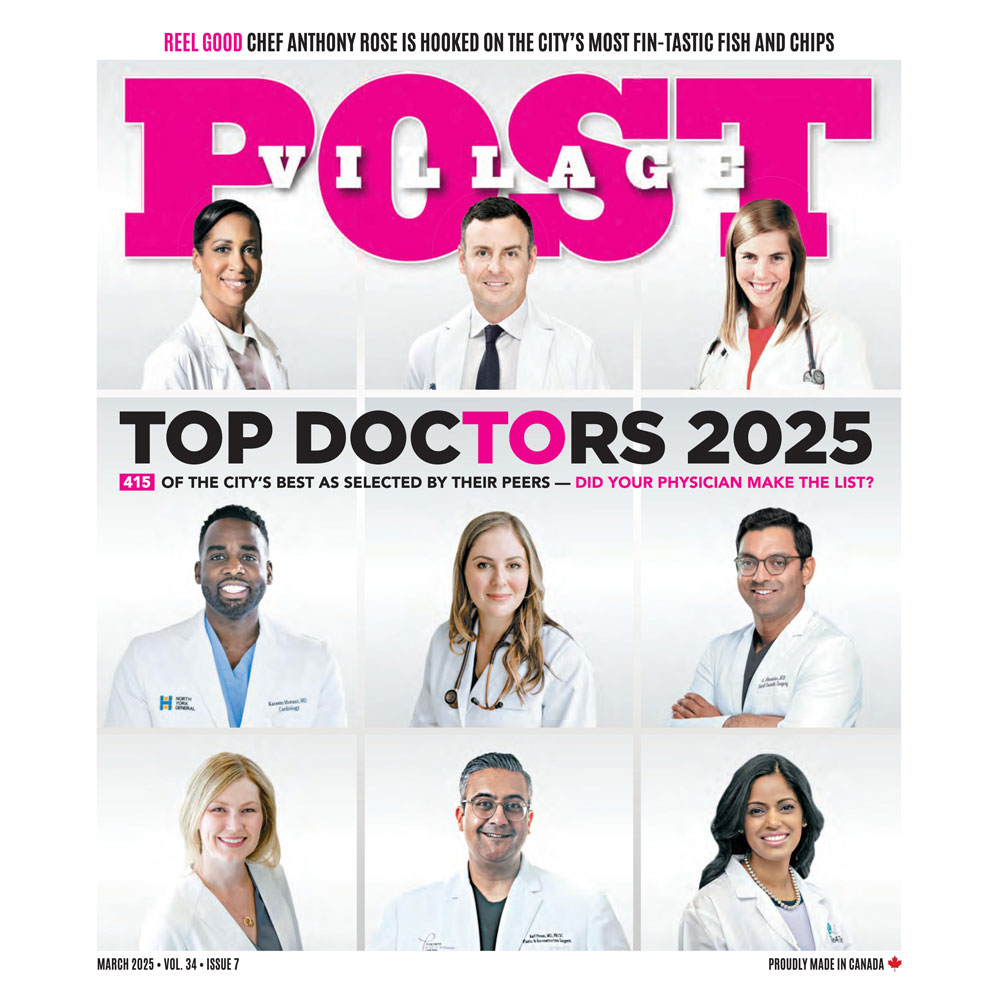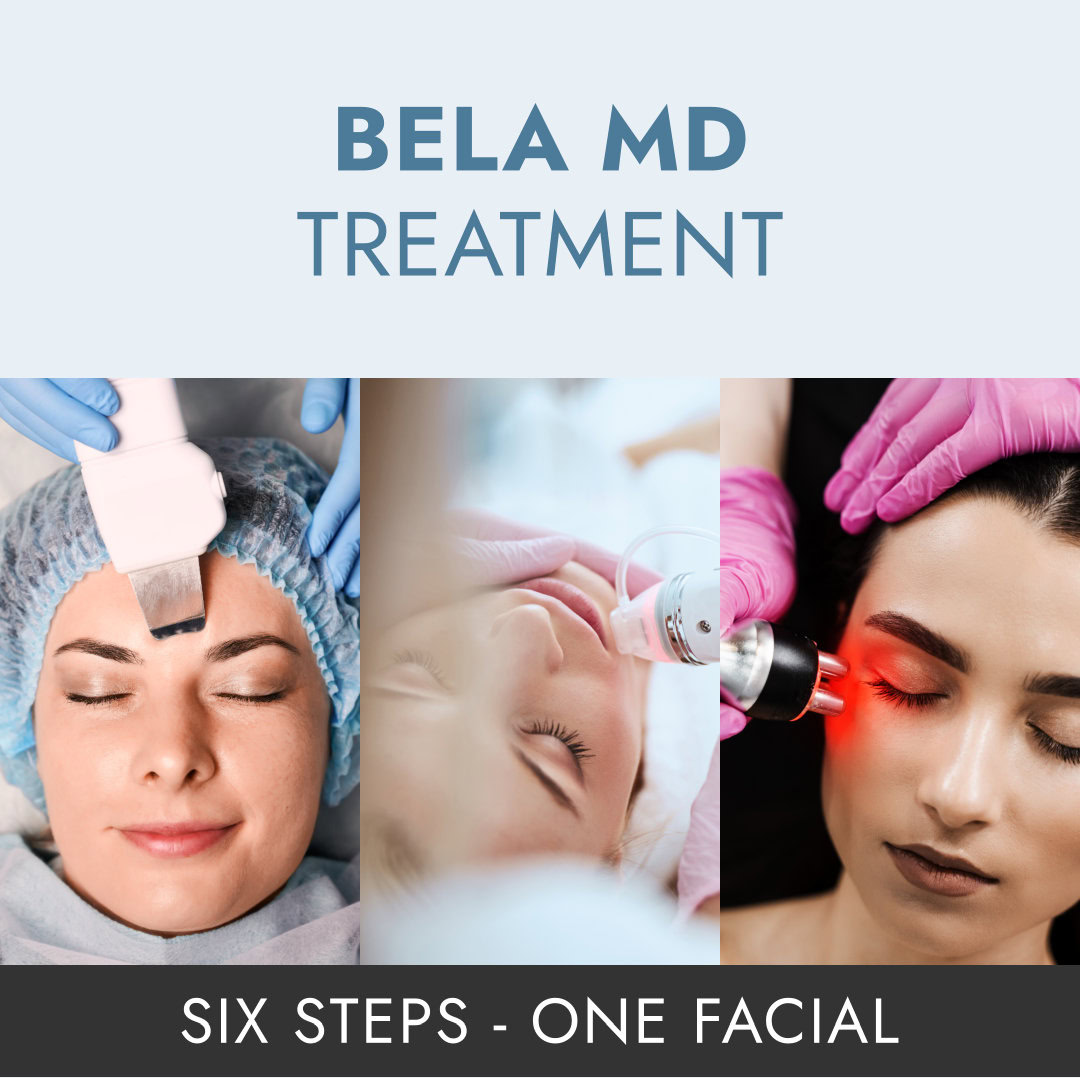Bodies Under Construction – Teen Cosmetic Surgery
By Liane Beam Wansbrough
Teen Plastic SurgeryThree years ago, when a 15-year-old British girl decided to get breast implants for her sixteenth birthday, the story made headlines around the world. Since then, media reports have continued to speculate that cosmetic surgery, once the exclusive domain of wealthy older women, is a trendy new option for any teenager with an adolescent hang-up.
Dr. Darrick Antell, a top New York City plastic surgeon, says he has seen an increase in the number of teenage patients but cautions against calling it a trend. “One of the main reasons for the increase is visibility: today’s teenagers are growing up with parents who have had cosmetic surgery, so they see and hear about it more. The media has also done a good job of making people aware of the procedures available. Another reason is acceptability. In a way, plastic surgery has come out of the closet,” Dr. Antell says.
When details of cosmetic procedures are frequently discussed on talk shows and published in magazines, it’s not surprising that they filter into our consciousness. “Sometimes when I’m out to dinner with my friends, we’ll play a game called ‘What would you have done?’ where we sort of daydream and discuss what we would do if money was no object and the procedures were safe,” says 18-year-old Alison Preiss, an Ontario high school student. While Preiss doesn’t think she could actually go through with a procedure, she says it could go either way. “I could grow up to realize that there are more important things than my nose, or it could really bother me to the point where I decide to have surgery. I suppose it depends on my lifestyle and career choices,” Preiss says.
Suzanne Ma, a 19-year-old Ryerson University student, has considered a double eyelid procedure popular in Asia. “I’m Chinese, and I don’t like my eyes. I don’t have double eyelids, so I feel that my eyes look a lot smaller than they really are. My concerns are not entirely for cosmetic reasons. With my heavy eyelids, my eyelashes don’t grow out properly. Some of them get trapped under the eyelids and it’s very easy for me to get an infection,” Ma says.
As in North America, plastic surgery is booming overseas, especially in wealthier Asian countries like Taiwan and Korea, where it is seen as a way to improve career prospects and self-confidence. In China, women and some men are paying thousands of dollars to have a brutal surgical procedure performed that lengthens their legs so they can fulfill height requirements often used to narrow down the number of job applicants.
Change Your BodyAlthough reasons for cosmetic surgery range from getting a better look to improving job prospects, often the common factor among patients is more than skin deep. “Teenagers who are thinking about having plastic surgery to change the way they look are often addressing issues of self-esteem,” says psychotherapist Dorothy Ratusny. “Between the ages of 13 and 19, there’s a lot of emphasis on peers and what others think of you. It’s also a time when things such as not being part of the popular crowd, changes in financial situation and divorce can negatively affect a teenager’s self esteem.”
Cosmetic surgery may have a positive impact if your body image is consistently tied to a negative focus on a particular facial feature or body part. Dr. Antell says, “The classic case is a teenage patient of mine who had reconstructive surgery to correct a significant discrepancy between her upper and lower jaws. When she came into my office for the initial consultation she was constantly looking at the floor. After the surgery, she was looking up and smiling. Now she’s singing in her local school group.” Dr. Antell is careful to point out that there are murky areas. “Liposuction is one of those areas. So is breast augmentation because you’re not really sure that the teenager has stopped growing yet. But there are exceptions, for example, if a patient has breast asymmetry.” Dr. Mitchell Brown, a plastic surgeon at Sunnybrook and Women’s College Health Sciences Centre in Toronto says, “Correcting breast asymmetry, when women develop breasts that are different in terms of shape and size, can be appropriate for teenage girls because it causes a very significant psychological impact on them during their developmental years.”
Doctors are very aware of the psychological drama affecting our lives and it has become a very important factor when evaluating a patient. Dr. Brown says, “The key thing from my perspective is to assess physical, emotional and psychological maturity before treating a patient. I spend a great deal of time with my patients, regardless of their age, to determine that they have thought out their concern carefully and have reasonable goals and expectations.” In other words, cosmetic surgery can improve a patient’s body but it won’t necessarily improve their self-image or guarantee happiness. Dr. Antell says, “I’ve done liposuction on a Sports Illustrated swimsuit model. This is somebody most people would think looked perfect. But she was very insecure. She didn’t see herself the way others did. I can’t give people confidence.”
So, if you’re considering cosmetic surgery you need to ask yourself what you hope to achieve because it’s not going to be the one magic solution that makes everything better. In fact, it may even change you for the worse—just surf the Web and read the thousands of horror stories from people hoping to find peace of mind or happiness by going under the knife.
Dr. Ratusny says, “[Teens] need to be really realistic with the fact that cosmetic surgery may be only one piece of many things that serve to improve aspects of themselves. There may be physical changes but the real change begins with who they are inside.”














